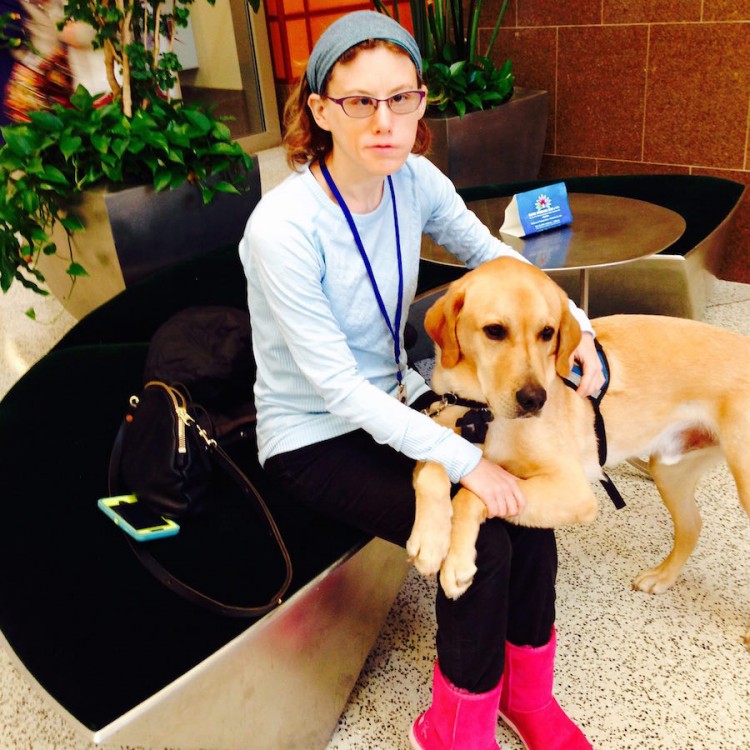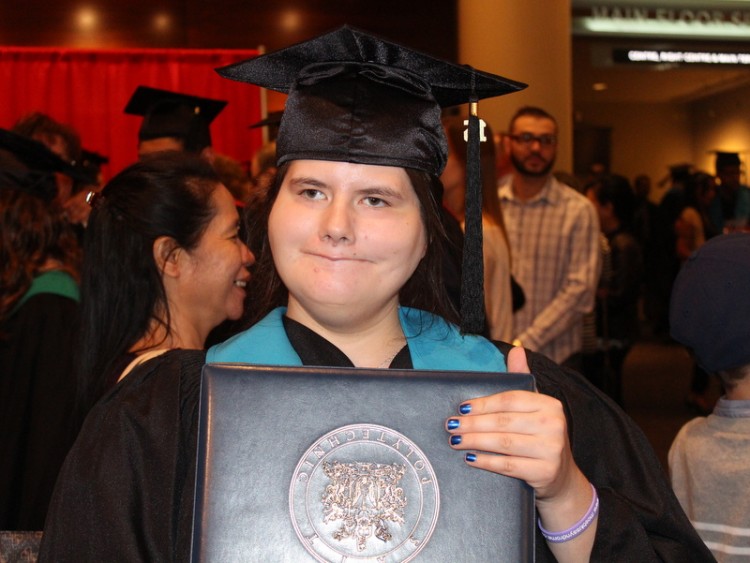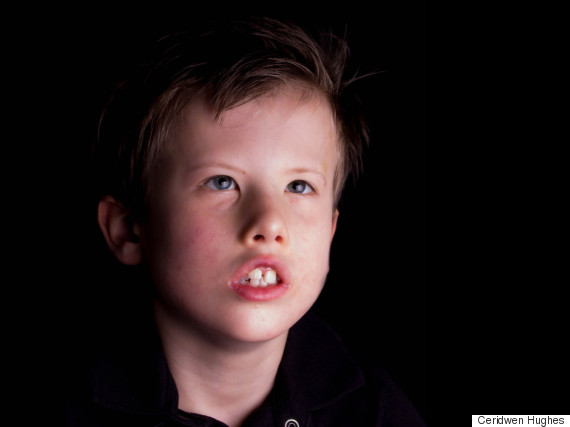***************************
Last month, I participated in what is called a natural history study at the National Institutes of Health (NIH) Clinical Center. In these studies, experts on a condition (in this case, Moebius syndrome) work together as a team to learn more about the condition for research purposes and also offer patients individual advice for their medical needs. I was the 40th person to participate in my protocol. I participated in this study to get input from some of the best doctors in the world, but the benefits went far beyond helping myself!
1. Everyone is an expert! As a person with a very rare disorder, it’s frustrating to encounter a doctor who not only has never had another patient with your disorder… but has never even heard of it! It was amazing to have every doctor I encountered be familiar with Moebius syndrome… and beyond that, they were experts in their fields!

3. I got to go to an amazing place. Research happens in many interesting places — I ended up at the amazing NIH Clinical Center to participate in the natural history study for Moebius syndrome. It was an incredible environment to be in!
4. Sometimes I got paid! Grants enable patients to participate in research without an undue financial burden — and sometimes even offer a financial compensation for time spent participating! I couldn’t have participated without the assistance.
5. You learn all about yourself and your medical conditions. With a complicated medical diagnosis and history, there are things that somehow get lost along the way; for example, apparently my legs are very different lengths — who knew! A fresh set of eyes on your condition can also help you figure things out that other doctors might have missed.
For information on some of the research opportunities currently available through the NIH, see www.clinicaltrials.gov.
*****************************

